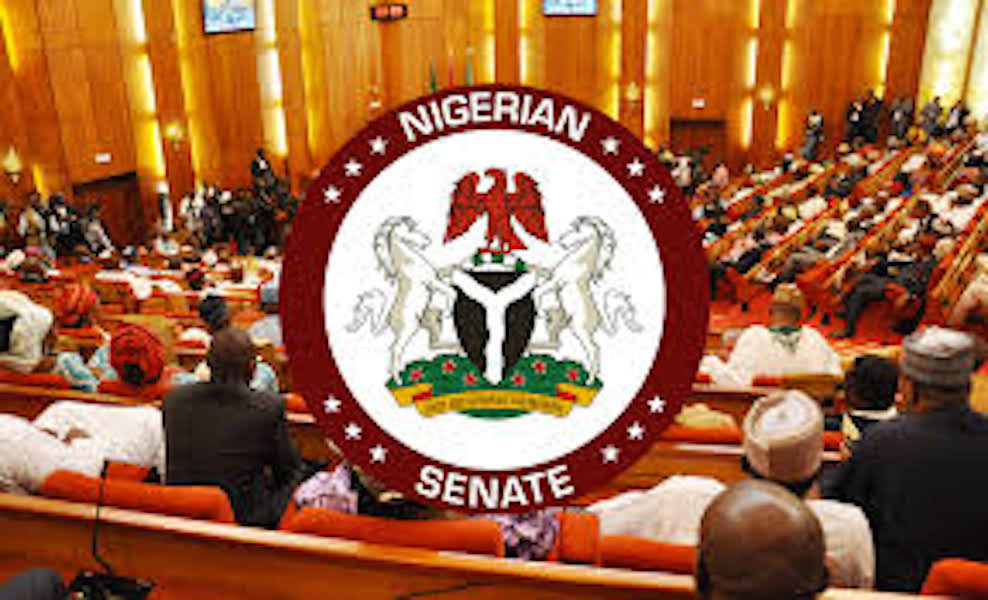Almost three years after the former Nigerian Ambassador to Ghana, the embattled Senator Musiliu Obanikoro had mediated on the matter and stopped the harsh tax of $300,000 on Nigerian businesses; Ghana has reintroduced the same tax again.
Already, the House of Representatives has waded into the matter, expressing total displeasure at a policy which is designed to compel Nigerians willing to do business in Ghana to make a deposit of $1 million in a bank account.
A victim of the policy, Mr. Seidu Franklynn during an interactive session with members of the Rita Orji-led House Committee on Diaspora said the law was another case of xenophobia against Nigerians doing lawful businesses in Ghana.
The victim said he has spent well over 15 years doing business in Ghana, adding that over two million Nigerians resident in the country were being compelled to acquire a non-resident card worth $120.
According to him, Nigerians who were not able to pay the $1 million deposit were harassed daily and had their business premises locked up by agents of the Ghanaian government.
The House Committee wondered why such a policy would be imposed on Nigerians who must have been covered by the protocols guiding member-states of the Economic Community of West African States (ECOWAS).
Orji said her committee would conduct a public hearing involving officials of the Ghanaian embassy and other stakeholders soon. A member of the committee, Edward Gyang Pwajok, who decried the policy, said the House might be compelled to take Ghana to the ECOWAS court in Abuja to seek redress over the issue.







